A Coaching Model Created by Mary Lamphear
(Executive Coach, UNITED STATES)
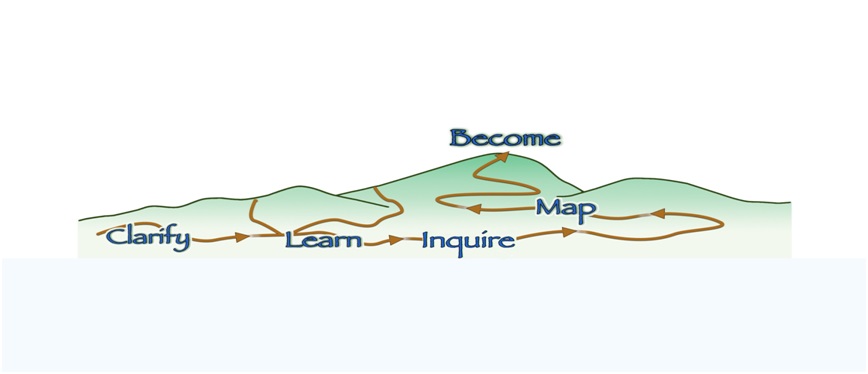
Clarify
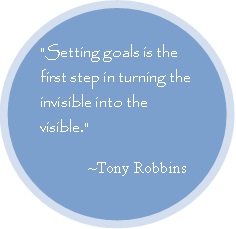
Asking the client to state his/her objective in one short sentence is valuable as you can return repeatedly to this clear statement to keep the coaching session focused on the objective.
With asking “What do you want to accomplish today?” or “What would be the best use of our time right now?” the coach communicates to the client that each coaching session is always to address what is most important to the client at that time. What “mountain” do they want to prepare to climb?
Coaching Skills:
- Active Listening
- Establishing Trust
Learn
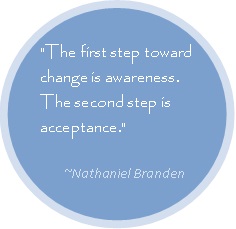
With the coach providing a safe, nonjudgmental, trusting environment the client can discover possibilities by being asked “What have you tried?” and “What would be the best possible outcome?”.
Feedback can create awareness with the client. Feedback is nonjudgmental. It is neither positive nor negative. Feedback helps the client realize that the coach is listening. Stating what is and what is not from another perspective can give the client the insight necessary to move into action. Coaching is all about discovery, learning and change.
Coaching Skills:
- Creating Awareness
- Powerful Listening
Inquire
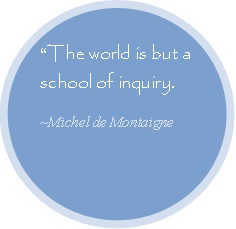
Insuring there is no judgment or any assumptions, powerful questions support opportunity. The coach knows that the client is the first and best expert capable of solving his/her own problems and achieving his/her own ambitions. The questions are to provoke the client to think, feel and uncover what they already know.
Coaches ask questions that guide the client to discover his/her own best and most authentic answers, whether the area of focus is professional or personal.
Coaching Skills:
- Powerful Questions
- Creating Trust
Map
To continue action is to develop a map to take the client from where he/she is to where he/she wants to go, the coach asks:
- By when do you want it?
- How will you know that you have it?
- What will keep you on track?
- What are the barriers?
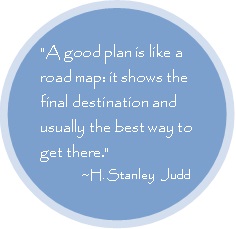
When the client feels “stuck” it is suggested to work around the client’s value core and re-explore possible barriers. It may also be necessary to breakdown the goal into smaller steps.
Coaching Skills:
- Creating Structures
- Creating Action
- Accountability
Become
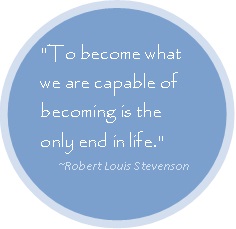
Enjoy the view!
Once the goal has been reached, it is important the client take time to stop, take a deep breath, and celebrate their accomplishments and recognize that he/she is an achiever.
An important step in this phase is to note the things the client has learned throughout the experience. From doing this, the client will be better prepared for the next stage of their life.
With each subsequent new peak achieved by the client, it is important the coach makes certain that the client enjoys the view, learns from the experience, is grateful to those whom have helped him/her along the climb, and to look to greater heights.
Coaching Skills:
- Visualization
- Acknowledgement